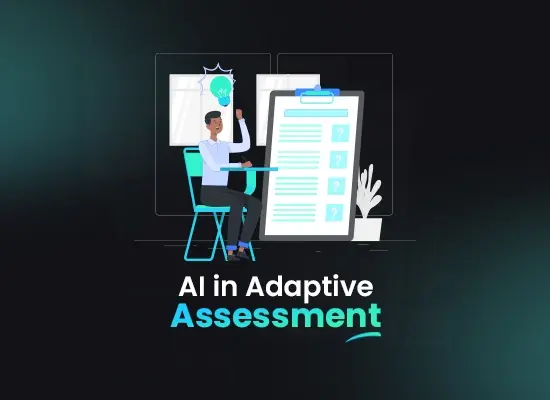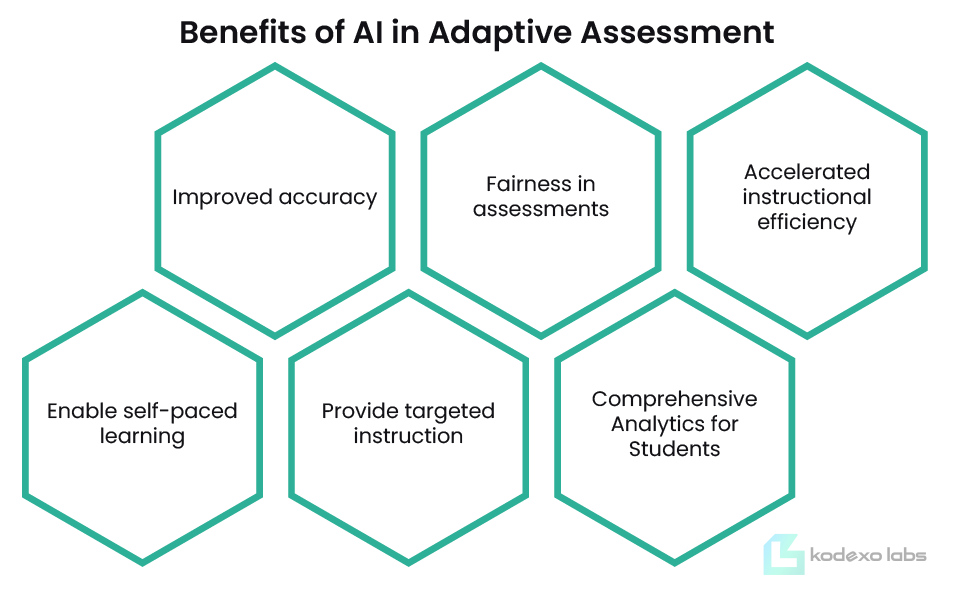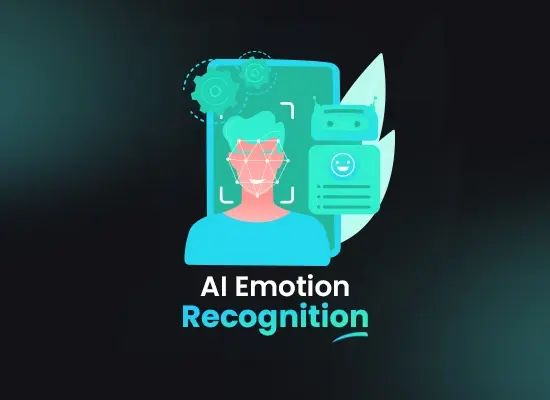Unlocking Student Potential: The Advantages of AI in Adaptive Assessment

Assessing student learning has always been critical to the education system. However, traditional methods of assessments often miss the opportunity to diagnose student gaps or deficiencies and tailor instruction. Adaptive assessments in education, on the other hand, are dynamic assessments that continuously adjust to the learning level of each student and help unlock their true potential.
In recent years, significant advancements in AI technology have amplified the power of adaptive testing. AI can help personalized learning experiences for students, provide instant and personalized feedback, improve analytics for better decision-making, and more. In this blog, we’ll explore the role of AI in adaptive assessment, its benefits, and challenges.
What is Adaptive Assessment?
Adaptive assessment is a type of assessment that adapts and tailors questions to a test-takers ability level. Unlike traditional assessments with a fixed set of questions, adaptive assessment in education uses an AI algorithm to present questions based on the test taker’s response to the previous question. If the test-taker answers correctly, the algorithm presents a more difficult question. If the test-taker answers incorrectly, the algorithm presents an easier question. This approach ensures that the questions presented to the test-taker are at an appropriate level of difficulty, leading to a more accurate evaluation of their abilities.
The Role of AI in Adaptive Assessment:
Artificial Intelligence brings numerous advantages to adaptive assessment in education. It supports personalized learning by tailoring instruction to individual student needs. It provides instant feedback and progress tracking, enabling timely intervention and adjustment. AI enhances test security and data analytics, ensuring fair analysis and data-driven decision-making. Moreover, it reduces the workload on instructors and educators, freeing up valuable time for high-impact teaching activities. With these advantages, AI contributes to unlocking students’ potential and improving educational outcomes in adaptive assessment.

Personalized Learning:
One of the key advantages of AI in adaptive assessment is its ability to facilitate personalized learning. Through the use of AI algorithms, adaptive assessments can dynamically adjust the content, difficulty level, and pace of learning materials based on each student’s individual needs. By analysing student performance data, AI can identify areas where students excel and areas where they struggle. This allows adaptive assessments to provide tailored learning experiences, focusing on specific topics or skills that need improvement. As a result, students receive targeted instruction that matches their proficiency level, enabling them to maximise their learning potential.
Instant Feedback and Progress Tracking:
AI-powered assessments offer the significant benefit of instant feedback and progress tracking. Traditional assessments often take time to evaluate and provide feedback, causing delays in identifying areas of improvement.
With AI, feedback can be provided in real time, allowing students to understand their performance and make necessary adjustments immediately. Furthermore, adaptive assessment in education continuously tracks and analyses student progress, generating comprehensive reports that provide insights into strengths, weaknesses, and learning patterns. This allows students and educators to clearly understand progress and make data-driven decisions to enhance learning outcomes.
Improved Test Security and Analytics:
AI technology plays a crucial role in improving test security and enhancing data analytics in adaptive assessments. By leveraging AI algorithms, adaptive assessment in education can detect potential cheating behaviours and anomalies, such as unusual patterns or suspicious activities during the assessment process. This helps maintain the integrity of assessments and ensures fairness in evaluating student performance.
Additionally, AI-powered analytics provide valuable data insights to educators and administrators. These analytics enable the identification of trends, patterns, and correlations within student performance data. Educators can utilise this information to customise instruction, identify areas for curriculum improvement, and optimise teaching strategies. AI-powered data analytics empower educators with evidence-based decision-making, leading to more effective teaching practices and better student outcomes.
Reduced Workload on Instructors and Educators:
AI in adaptive assessment helps alleviate the workload on instructors and educators. Traditionally, educators spend significant time and effort grading and evaluating assignments and exams. With AI-powered assessments, AI algorithms can automate the grading process, providing consistent and efficient evaluations.
This automation saves educators’ time, allowing them to focus on higher-value tasks, such as providing personalized instruction, mentoring students, and engaging in interactive classroom activities. By reducing administrative burdens, AI technology enables educators to dedicate more energy to fostering student growth and facilitating meaningful learning experiences.
Seamless Collaboration | Cost-Efficient Solutions | Faster Time-to-Market

AI Software for Adaptive Assessment in Education:
Smart Sparrow:
Smart Sparrow is an AI-based adaptive learning platform that allows educators to create interactive and personalized learning experiences. It provides real-time analytics and feedback to track student progress and adjust assessments accordingly.
Knewton:
Knewton is an adaptive learning platform that uses AI algorithms to analyse student data and create personalized learning paths. It provides targeted recommendations for individual students based on their strengths and weaknesses.
ALEKS:
ALEKS (Assessment and Learning in Knowledge Spaces) is an AI-driven adaptive learning system that assesses students’ math knowledge and provides personalized instruction. It adapts the content and questions based on student responses and tracks their progress.
DreamBox Learning:
DreamBox Learning is an AI-powered online math program that offers adaptive lessons and assessments. It provides detailed analytics and reports to help teachers monitor student performance and identify areas for improvement.
Formative:
Formative is an assessment tool that uses AI to provide real-time feedback on student work. It allows teachers to create interactive assignments, track student progress, and generate detailed reports on student performance.
Thinkster Math:
Thinkster Math combines AI technology with human tutors to offer personalized math tutoring. It uses adaptive assessment to identify students’ strengths and weaknesses and tailors the curriculum accordingly.
Gradescope:
Gradescope is an AI-based platform that streamlines grading for assignments and assessments. It uses machine learning algorithms to automatically group similar answers and provide consistent grading feedback.
Claned:
Claned is an AI-powered learning platform that offers adaptive assessment and personalized learning paths. It provides insights into student engagement, progress, and learning behaviours to help educators optimise their teaching strategies.
These are just a few examples of AI tools and software that are used for adaptive assessment in education. Each tool offers unique features and functionalities to enhance the assessment process and provide valuable insights into student performance.
Benefits of AI in Adaptive Assessment:
The benefits of AI in adaptive assessment are extensive. It improves the accuracy and fairness of assessments, enables self-paced learning, identifies struggling students, provides targeted instruction, offers comprehensive analytics on student performance, and enhances instructional efficiency and capacity. The integration of AI technology in adaptive assessments revolutionises the assessment landscape, facilitating effective and personalized learning experiences for students while supporting educators in their instructional practices.

Improved Accuracy And Fairness in Assessments:
One of the significant benefits of AI in adaptive assessments is the enhanced accuracy and fairness it brings to the assessment process. AI algorithms can analyse large amounts of data quickly and precisely, ensuring more reliable and objective assessment results. By eliminating human bias and subjectivity, AI helps provide fair evaluations for all students, regardless of their background or characteristics. This level of accuracy and fairness promotes a more equitable learning environment, where students are assessed based on their actual abilities and performance.
Enable Self-Paced Learning:
AI-based adaptive assessment enables self-paced learning, allowing students to progress at their own speed. Traditional assessments often adhere to strict schedules, which may hinder students who require more time or challenge those who need to move faster. With adaptive assessments, AI in education analysis each student’s performance and adjust the difficulty and pace of learning materials accordingly. This personalized approach ensures that students are appropriately challenged while avoiding unnecessary frustration or boredom. Self-paced learning supported by AI fosters individual growth and motivation, leading to better engagement and mastery of the subject matter.
Identify Struggling Students And Provide Targeted Instruction:
AI technology in adaptive assessment helps to identify struggling students and provide targeted instruction. Through continuous monitoring and analysis of student performance data, AI algorithms can detect patterns of weaknesses or areas where students are struggling. This enables educators to intervene on time by providing additional support, personalized resources, and remedial instruction to address specific learning gaps. By tailoring instruction to individual needs, AI helps struggling students overcome difficulties and improve their overall academic performance.
Comprehensive Analytics for Student Performance and Assessments:
AI-powered adaptive assessment in education offers more comprehensive analytics on student performance and assessment outcomes. The advanced analytics capabilities of AI enable educators to delve deeper into student data, providing valuable insights into individual strengths, weaknesses, and learning patterns. With this information, educators can understand how students are progressing, identify areas that require further attention, and make informed instructional decisions. These insights also facilitate data-informed discussions with students, parents, and stakeholders to drive targeted interventions and support strategies for improved educational outcomes.
Accelerate efficiency and instructional capacity:
AI in adaptive assessments accelerates efficiency and enhances instructional capacity for educators. With the automation of tasks like grading and data analysis, educators can save a considerable amount of time and effort. This allows them to focus on delivering high-quality instruction, engaging with students, and supporting their individual needs. By streamlining administrative processes through AI technology, adaptive assessments increase instructional capacity, enabling educators to allocate their time more effectively and concentrate on creating meaningful learning experiences. Ultimately, this leads to improved teacher-student interactions and promotes a conducive learning environment.
Seamless Collaboration | Cost-Efficient Solutions | Faster Time-to-Market

Challenges and Risks of AI in Adaptive Assessment:
AI-powered adaptive assessments offer numerous benefits in education. However, some potential challenges and risks need to be addressed. Stakeholders need to take appropriate measures to address privacy concerns, balance technological and traditional learning approaches, and provide appropriate training and support to educators. By addressing these challenges and risks, AI-enabled adaptive assessments can revolutionise the assessment landscape, providing personalized and equitable learning opportunities for all students.
Concerns of privacy:
One of the major challenges of incorporating AI in adaptive assessment is the privacy concern. AI-enabled assessments collect and analyse vast amounts of personal data such as learning progress, performance, and behaviour. Educational stakeholders may have valid concerns regarding the privacy of this data and how it is used, managed, and secured. Educational institutions and technology providers need to take appropriate measures to comply with privacy regulations, secure user data, and ensure transparency in the use of data.
Dependence on technology:
Another major challenge of AI-powered adaptive assessment in education is the potential dependence on technology. Adaptive assessments rely on AI algorithms to analyse and interpret student data, design personalized learning experiences, and provide feedback. Overreliance on technology may affect the quality of education in cases where technology fails or is not available. As such, educational institutions should adopt a balanced approach between traditional and technological learning experiences to ensure seamless learning continuity.
Importance of Educator Knowledge in Effective Technology Use:
The success of AI-enabled adaptive assessments depends on the ability of teachers and administrators to use the technology effectively. Educators need to be well-informed about the capabilities and limitations of AI in adaptive assessments, including how to interpret analytics and use them to inform instructional decisions. Administrators need to provide appropriate training and support to educators to ensure that AI technology is used effectively and appropriately. Without well-informed human capital, there is the risk of misinterpretation, bias, and misuse of student data, which may negatively impact educational outcomes.
Conclusion:
It is important to highlight the advantages of AI in adaptive assessment. AI brings numerous benefits such as personalized learning experiences, real-time feedback, scalability, and efficiency in assessing student progress. These advantages enhance student engagement, improve learning outcomes, and offer a more effective and dynamic educational environment.
Looking ahead, the potential of AI in the education space is immense. As technology continues to evolve, AI has the power to shift the education landscape further. It can enable even more sophisticated adaptive assessments, intelligent tutoring systems, and personalized educational content. With ongoing advancements, AI holds the promise of creating highly tailored and engaging educational experiences that adapt to the unique needs and learning styles of each student.
While acknowledging the potential of AI, it is crucial to emphasise the importance of a balanced approach to integrating advanced technology in the classroom. Educators, administrators, and policymakers should ensure that AI is used as a powerful tool to enhance and support teaching and learning, rather than replace human interaction. It is essential to strike a balance between leveraging AI’s capabilities and preserving the irreplaceable role of teachers in guiding and inspiring students. By embracing a balanced approach, we can harness the full potential of advanced technology while maintaining the human touch in education.
In conclusion, AI in adaptive assessments brings a range of advantages, paving the way for a future where personalized and effective learning experiences are the norm. It is important to foster a collaborative environment where AI technology is harnessed and guided by well-informed educators and administrators. With this approach, we can shape a future of education that optimises the benefits of AI while maintaining the essential human element in the teaching and learning process.

Author Bio
Frequently Asked Questions (FAQs)
What is an adaptive assessment?
Adaptive assessment is a form of testing that adjusts the difficulty of questions based on the test-taker’s responses. It tailors the questions to the individual’s skill level, providing a more accurate evaluation of their knowledge and abilities.
How to build an adaptive assessment?
Building an adaptive assessment requires expertise in psychometrics and test design. It involves creating a question pool with varying difficulties and using algorithms to select the next question based on the taker’s answers.
What are some of the considerations when using adaptive assessments?
Adaptive assessments offer advantages but require careful implementation. Building and running them involves complex technology to manage the question selection process based on your answers.
How are adaptive assessments different from traditional tests?
Unlike traditional tests with a fixed difficulty level for everyone, adaptive assessments tailor the difficulty to your individual ability. This allows for a more accurate measure of your mastery of the concepts being tested.
What is an example of an adaptive test?
Math placement tests or pilot programs for standardised tests might use adaptive technology to tailor difficulty based on your performance. This adaptive technology can provide a more accurate assessment of a test-taker’s abilities.






